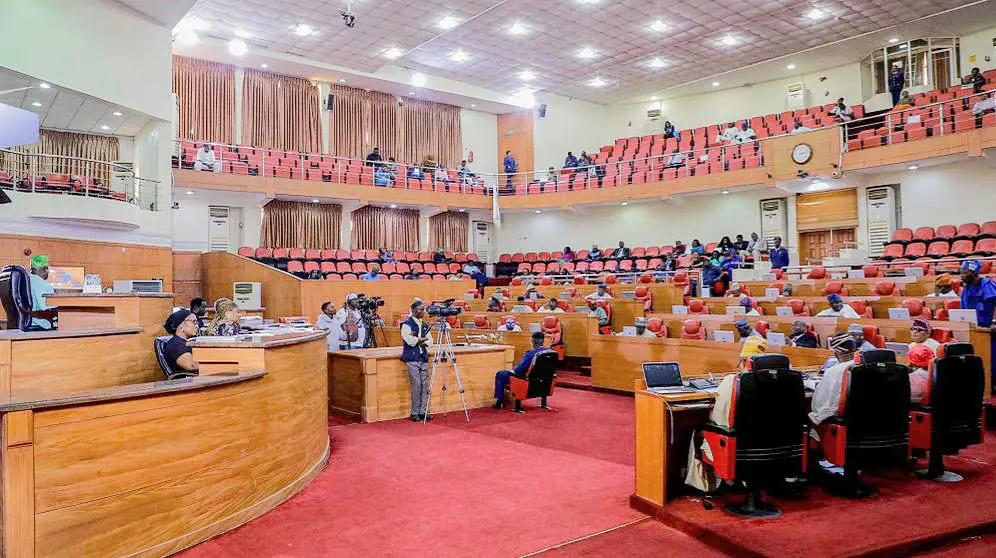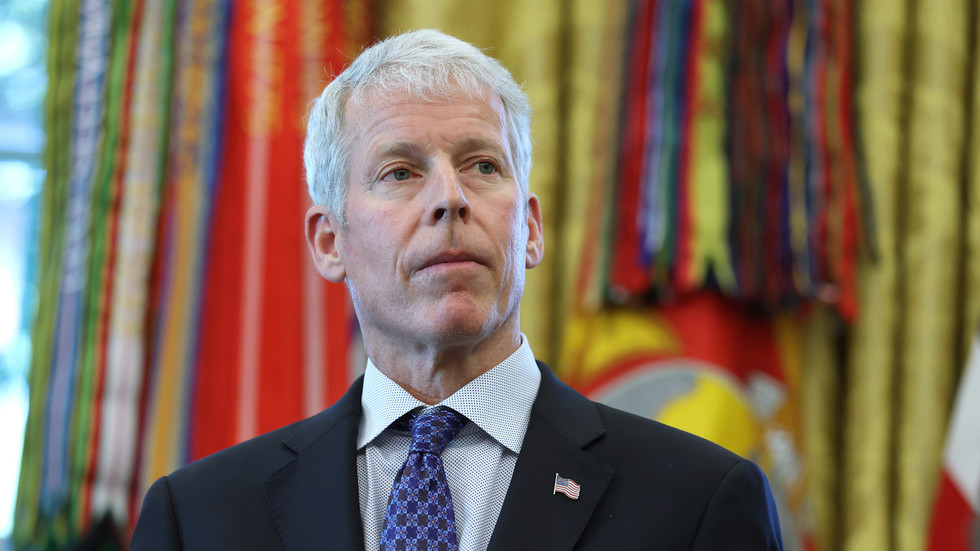To bolster counterinsurgency efforts in Nigeria’s Kebbi State, federal authorities have deployed four armored vehicles aimed at curbing escalating bandit attacks. The military hardware, officially handed over during a ceremony in the state capital, Birnin Kebbi, underscores a coordinated push to address persistent insecurity in the region.
The armored personnel carriers (APCs) were presented on Sunday by senior military officials, including Lt. Colonel M.S. Saleh of the 223 Light Tank Battalion and Major A.P. Azubuine of the 1 Battalion Rear. Governor Nasir Idris, who inspected the vehicles, described the deployment as a strategic reinforcement for security operations in communities grappling with banditry. “These APCs will enhance our forces’ operational reach, especially in vulnerable zones requiring rapid response,” he stated.
Idris emphasized ongoing state support for families of security personnel killed during operations, framing it as a moral obligation to those “who sacrifice their lives for our safety.” He also commended federal and military leaders for prioritizing Kebbi’s security challenges, which mirror broader instability in northwest Nigeria, a region increasingly plagued by armed groups targeting rural areas.
Military representatives echoed the governor’s urgency. Lt. Colonel Saleh highlighted “sustained counteroffensives” against insurgents but stressed the need for civilian collaboration. “Timely intelligence from local communities is critical to disrupting criminal networks,” he said. Meanwhile, Major Azubuine confirmed that two APCs were transferred as part of expanded logistical aid from the Nigerian Army, signaling intensified resource allocation to the state.
The move reflects Nigeria’s multipronged strategy to address banditry, which has displaced thousands and disrupted livelihoods. While security analysts note that armored vehicles improve force mobility in rough terrains, challenges persist in intelligence-gathering and interagency coordination. The deployment arrives amid national debates over military reforms and calls for localized security solutions, though officials remain cautiously optimistic about incremental progress.



